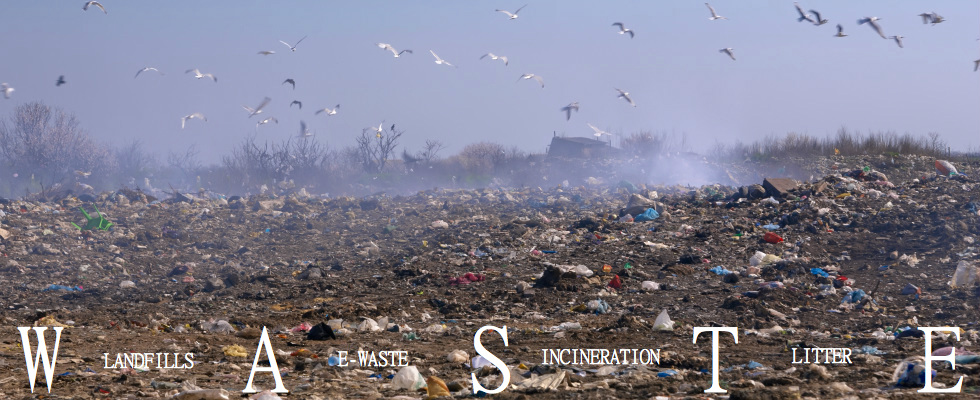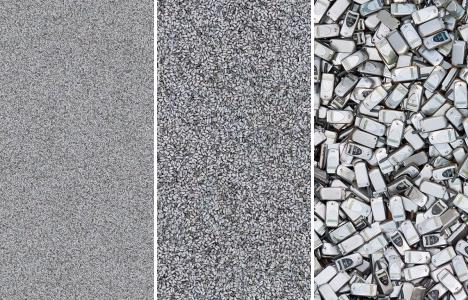
Waste
"You must teach your children that the ground beneath their feet is the ashes of your grandfathers. So that they will respect the land, tell your children that the earth is rich with the lives of our kin. Teach your children what we have taught our children, that the earth is our mother. Whatever befalls the earth befalls the sons of the earth. If men spit upon the ground, they spit upon themselves." ~Native American Wisdom

Landfills
Solid waste landfills play an important role in modern-day society and are indispensable for handling humanity's unprecedented rates of consumption, however, the adverse health and environmental effects of ever-growing landfills pose serious risks that are essential to understand so we may further acknowledge the importance of holding onto our items and reusing them as long as we can, composting, recycling etc.
E-Waste
Electronic waste, also known as e-waste, is the discarding of electrical or electronic devices, such as computers, office electronic equipment, entertainment device electronics, mobile phones, television sets, refrigerators etc. E-waste is a global problem, especially with the transboundary movement of e-waste where developed countries ship their discarded electronic equipment to less developed countries.
Incineration
Incineration of both hazardous and harmless wastes may cause emissions of substances which pollute the air, water and soil and have harmful effects on the surrounding environment and human health.

Research shows about 85% of littering is the result of individual attitudes. Changing individual behavior is key to preventing litter. Once litter is on the ground, it attracts more litter and will eventually become ocean litter since the ocean is downhill to everything. On the flip side, a cleaner community with more readily available trash and recycling receptacles actually discourages littering and improves community appearance and quality of life. Reduce Waste Guide to Green Living






